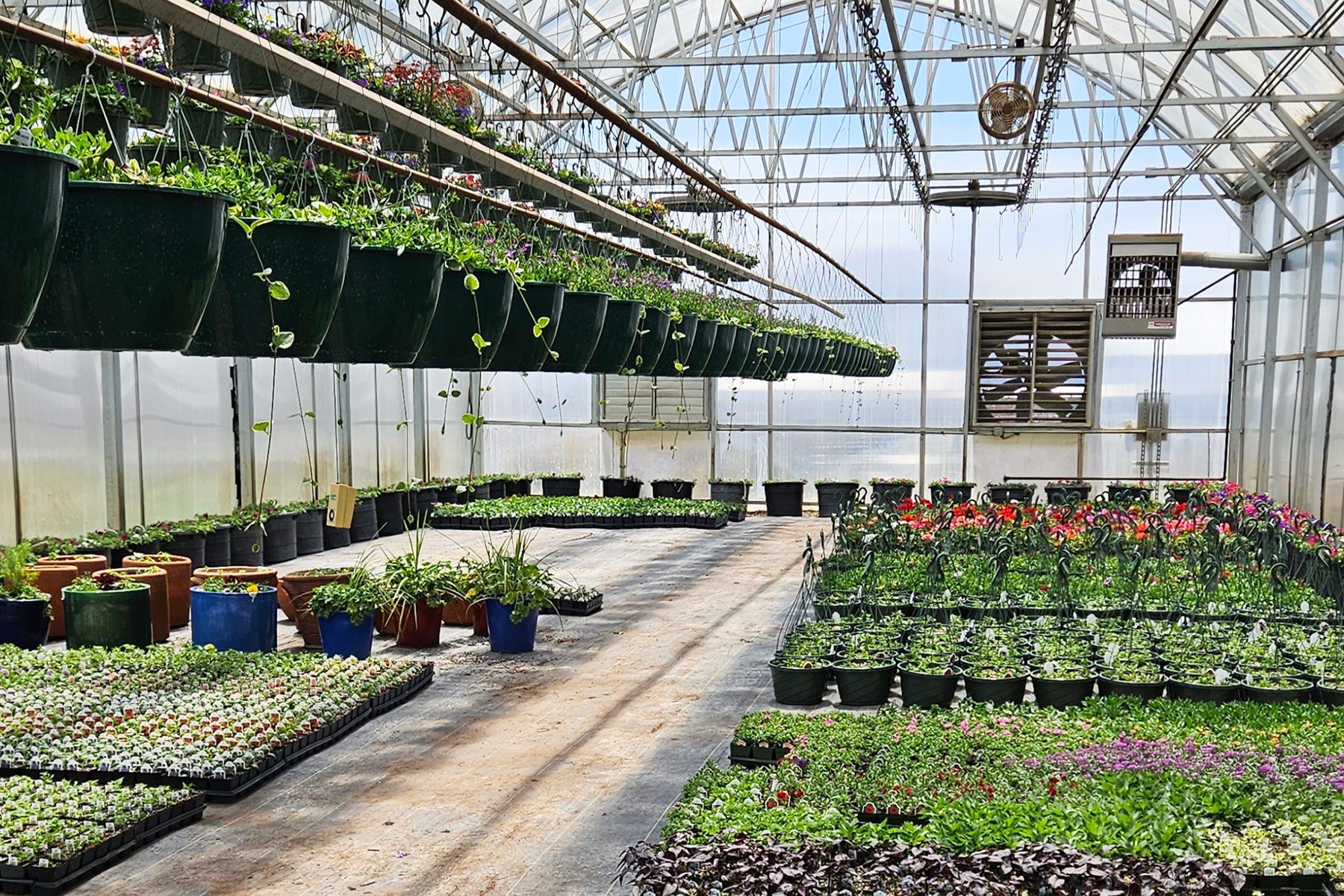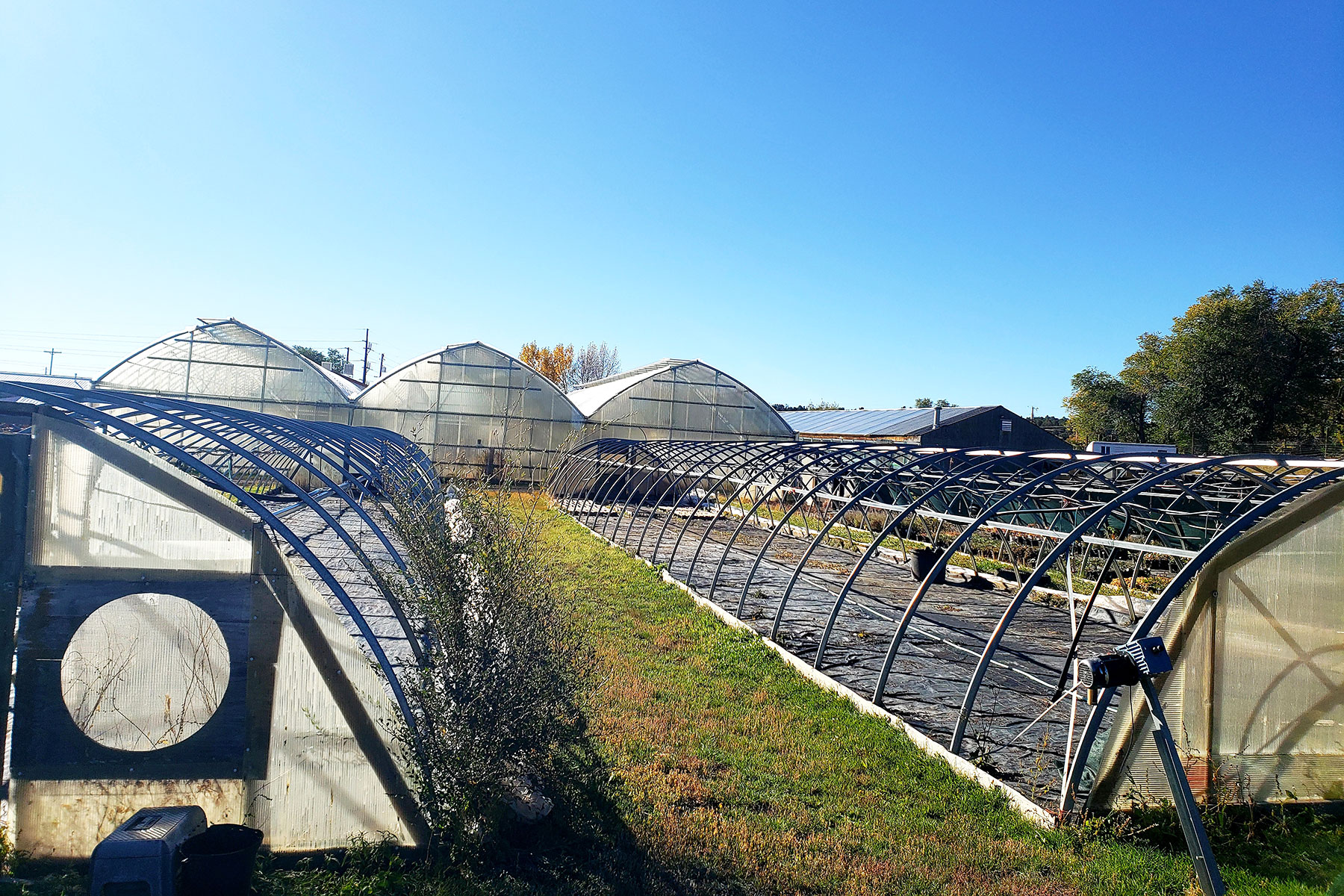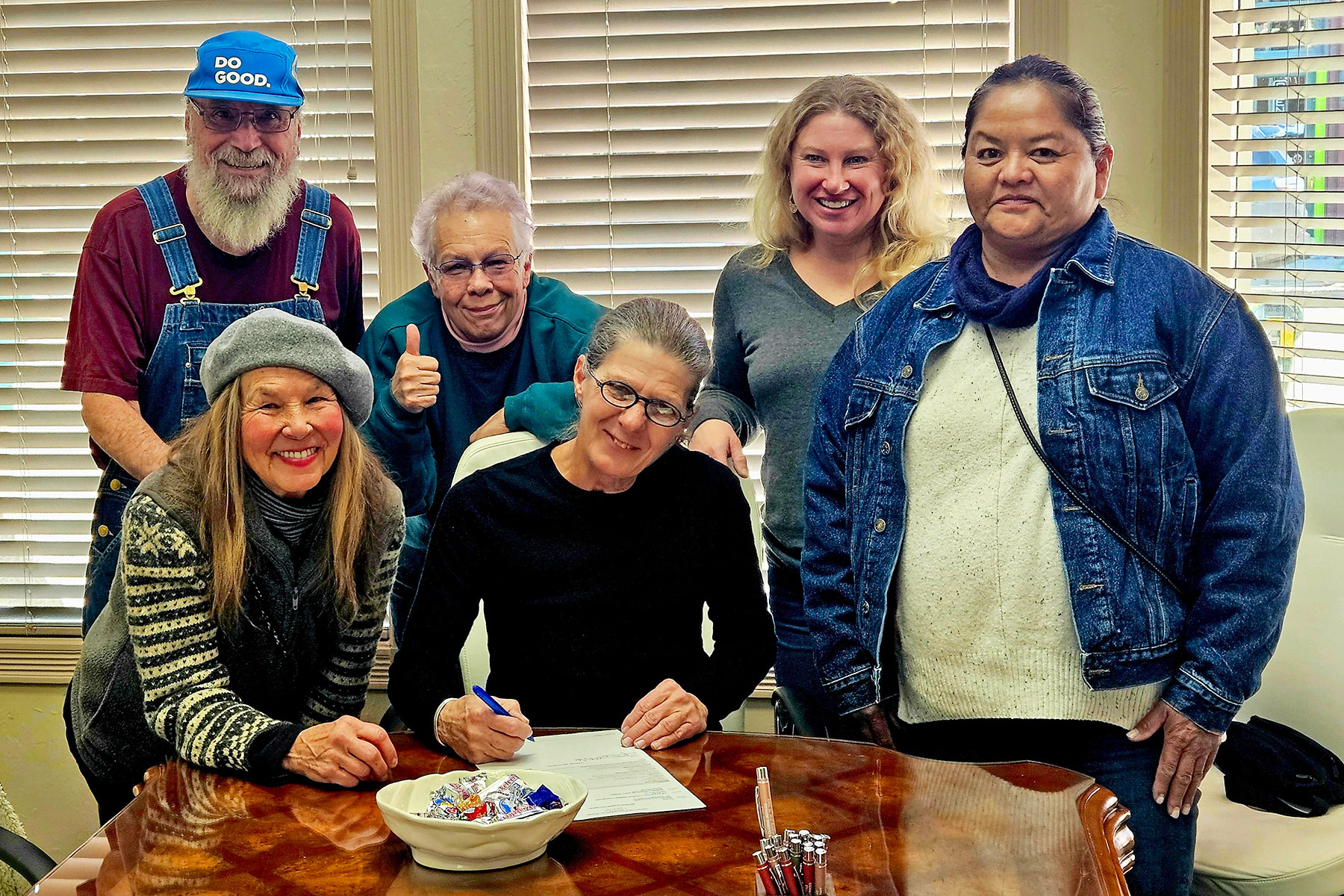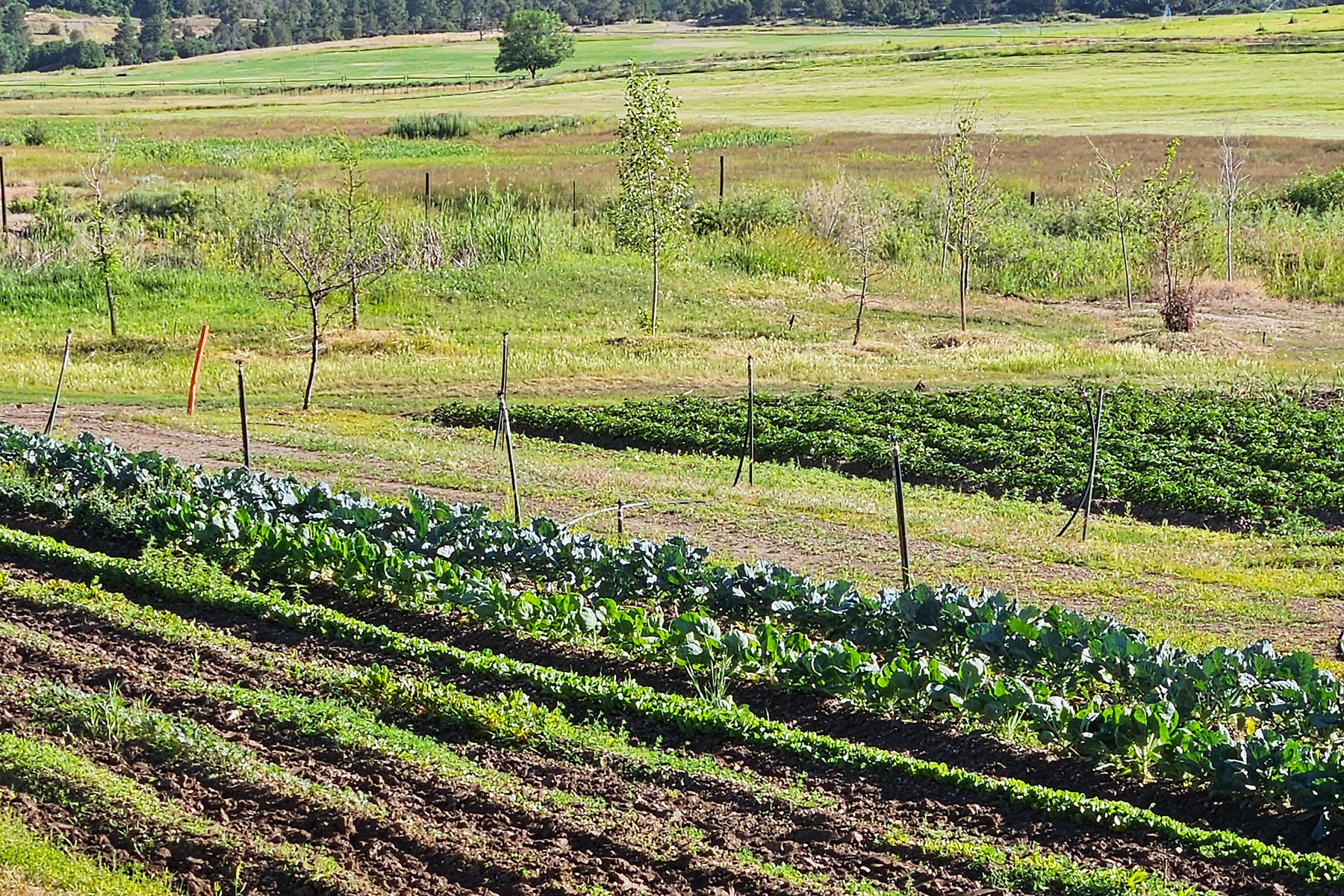Pine River Shares, with funding from national, state, and local sources, recently purchased a farm in Gem Village. The purpose of the Community Food Farm is to grow food as a social enterprise in support of the ten-year-old organization’s mission to create thriving communities in the Pine River Valley.
The Community Food Farm (CFF) is the result of a grassroots initiative, the Field to Fork Project, that began several years ago in response to rising food insecurity in the Pine River Valley (PRV). The Field to Fork (F2F) Project Plan is a “blueprint” for rebuilding an independent food system in the PRV to provide for the food and nutritional needs of its 16,000 residents.
Since the beginning of the COVID-19 pandemic, the number of residents receiving food support from PRS increased more than threefold, from 700 people per month pre-covid to 2,500 per month now. An estimated 20% of Pine River Valley residents are food insecure. In a region with deep agricultural roots, a rapidly increasing number of residents do not have enough food. Over the decades PRV communities’ capacity to produce, process, and distribute locally grown food has greatly decreased.
The Field to Fork (F2F) Project Plan was the result of dozens of community meetings held over a twelve-month period which engaged over 200 Pine River Valley residents. The information gathered from one- hundred-year-old farm narratives, collected by Dr. Jim Fitzgerald and others about Native and non-native food production practices in the Valley, was central to the F2F Plan’s development.
PRS Director Pam Willhoite commended community members’ participation in the process and outcome of the F2F plan. “By growing food that is purchased and consumed by Valley residents, we not only increase food security for residents, but we also keep locally grown food, money, and jobs in the Pine River Valley. And that will strengthen rural communities.”
In 2022, La Plata County Commissioners allocated funds from the American Rescue Plan Act (ARPA) to organizations for legacy investments in projects that address COVID-19 impacts. Pine River Shares was selected to receive ARPA funding to purchase food system infrastructure identified in the F2F Plan, with the goal of increasing community food production and food processing capacities in the PRV. La Plata County Commissioner, Matt Salka, stated “La Plata County’s allocation of $390,000 in ARPA funds to Pine River Shares signifies a visionary investment in food security. Through this partnership and the purchase of a farm, we are sowing the seeds of resilience, nourishing our community today and for generations to come.”
The former owners, Barb and John Wickman, operated a wholesale plant nursery on the property in Gem Village for many years. The Community Food Farm is comprised of 10.5 fully irrigated acres including four holding ponds, 25,000 sq ft of greenhouse space, high tunnels, a warehouse and a designated wetland. Over the next 12 months, additional infrastructure will be installed to transform the property into a fully functioning food production facility with the capacity to grow food year-round.
John Wickman is pleased about the sale of the property to PRS. “Barb and I did not want to see the land developed and food production was the logical solution with all the infrastructure in place. The need is definitely there.”
PRS used a portion of its ARPA funds to purchase the Community Food Farm. The remainder of the ARPA funds are being used for infrastructure to increase food production and food processing capacities in Vallecito and Allison. Funds are earmarked for geodesic dome greenhouses, in-ground gardens, and food processing equipment for both communities, all determined by the residents of those communities. Community members are taking food production into their own hands, literally, and are actively working with PRS to make this a reality. Inspired by this partnership, one community member made a significant financial donation to purchase and install the Allison community food production site to honor his late wife.
The ARPA seed money and the possible farm purchase quickly attracted additional funding from statewide and local foundations. However, more than half of the funding needed to purchase the Farm property came from Pine River Valley residents themselves, including two substantial bequests, one from the estate of a former FLC college professor and another from a local resident, familiar with the project.
As a social enterprise, PRS will seek PRV wholesale, retail, and individual sales of the food produced at the Farm. With the guidance of a Farm manager, all profits from the sale of food goes back into the Farm to cover operating costs and future expansion.
Drew Rees of the Moniker Foundation stated, “When we learned about the dire need for increased food security in the Pine River Valley and that Pam, Pine River Shares and their amazing volunteer base were spearheading the comprehensive Field to Fork Project to address this problem, we knew that Moniker Foundation involvement was imperative. Our strong desire to be involved with this effort was not solely due to the urgency and magnitude of the situation, though, but moreover, due to our confidence in the organization to rise to the occasion with its extremely effective leadership and its strong focus on solving problems alongside the communities that it represents. It’s how they listen to and engage the residents they serve that makes their programming so successful. And by the look of their fundraising to date, it’s clear that we’re not the only donor that feels this way.”
When everyone shares, no one goes without.
An open house and tour are planned for this summer at the Community Food Farm. Stay tuned!








